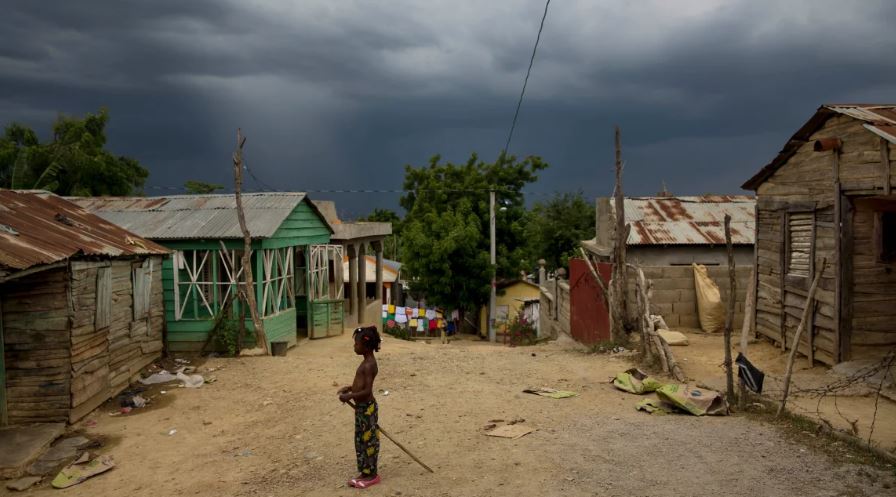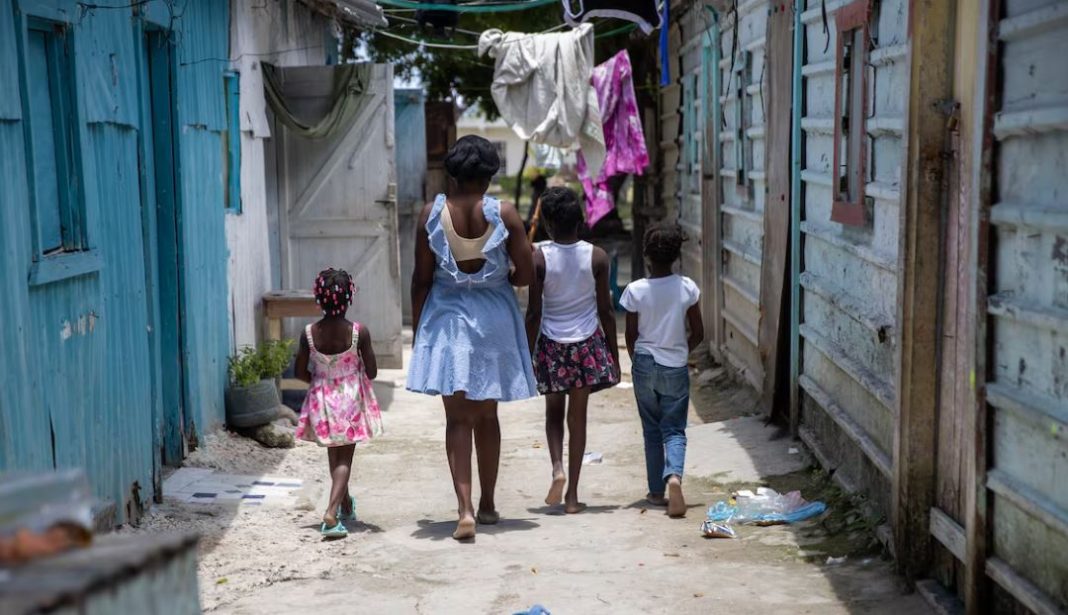Punta Cana, DOMINICAN REPUBLIC (Le Floridien) — A shocking report published by El País América on Monday, May 19, 2025, reveals a disturbing reality unfolding in the Dominican Republic: Haitian women in Punta Cana are being raped by immigration officers as a way to avoid deportation back to Haiti.
The article, titled “The Other Side of Punta Cana,” tells the harrowing story of Ruth, a Haitian woman living in Punta Cana. According to the report, when immigration officers arrive in her neighborhood, she is forced to hide her children and remain in bed—knowing that rape has become her only way to avoid being forcibly returned to a country she fled due to violence and extreme poverty.
The Spanish news outlet denounces serious human rights violations committed amid increasingly aggressive immigration policies targeting Haitians in the Dominican Republic. Since President Luis Abinader toughened immigration enforcement in April 2025, more than 14,000 Haitians have been deported in just the first 12 days. Policies now include aggressive raids, employment restrictions under a “Dominicanization” program, border wall construction, and immigration checks in public hospitals.

What adds to the outrage is the lack of serious or effective action from Haitian authorities. Despite the growing number of reports, the Haitian government and its diplomatic representation in the Dominican Republic have so far failed to take any meaningful or realistic steps to assist the victims or to hold the Dominican government accountable for these abuses. Their response has been largely symbolic or absent, leaving vulnerable Haitians without protection or advocacy.
This failure to respond amounts to passive complicity in a situation that has become nothing short of a humanitarian crisis. While the Dominican government’s crackdown enjoys strong domestic political support, the international community is being called upon to address the unchecked violations and ensure that the basic human rights of Haitian migrants—especially women—are protected.
Photo credit elpais.com/Simón Duarte






